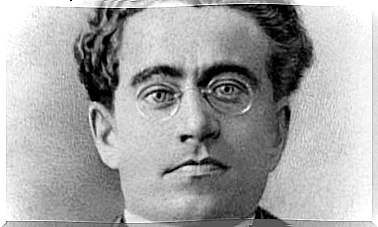The Profession Of Psychologist: Legislation And Legal Aspects

The practice of the profession of psychologist has as its main function that of promoting the well-being and improvement of the quality of life of people. Psychologists can, in fact, directly influence the development of individuals and groups.
Their delicate role is of considerable importance, and for this reason it is necessary that it be carried out in a professional manner. On the other hand, the mental health of patients is at stake. And it is for this reason that, to protect patients and professionals themselves, there is a specific regulation of the exercise of the profession of psychologist .
How is the profession of psychologist regulated?
It should be emphasized that the National Council of the Order of Psychologists has among its duties, defined by law, the obligation to order the professional practice of psychology. The National Council of the Order of Psychologists is a public body that brings together and represents the regional orders of psychologists in Italy.

First of all, to access the profession some requirements must be met, that is to have an official qualification qualification and be enrolled in the Register of Psychologists. Additional qualifications may be required in case the specialist intends to concentrate his career professional in other healthcare fields.
Once enabled to practice, you will have to refer to the regulatory regulations in force on the matter.
Specifically, we are talking about the Deontological Code of Italian Psychologists which with its 42 articles regulates the work of the psychologist in various aspects of professional practice. The Code also confers fundamental value on work ethics.
In general, professional codes of conduct aim to express a series of ethical principles that constitute shared ideals or aspirations in a specific professional field. In this case, we refer to the one developed by psychologists. Through the Code, common values are reflected, fundamental to the practice of the profession, and which must be present in the work with patients.
In particular, the Code of Ethics of Italian Psychologists contemplates in Article 4 the principles that define the profession. These are respect for the person, respect for human rights, a sense of responsibility, honesty and clarity towards customers.
What other content does the code include?
The code also provides in the text a series of rules that describe the obligations that regulate the profession. In the Deontological Code of Italian psychologists, these rules are defined respectively: “relations with users and with clients”, “relations with colleagues” and “relations with society”.
The set of rules is in line with Italian legislation. In addition to the information provided in the journal The profession of psychologist, Journal of the National Order of Psychologists, published since 1989. Over the years it has in fact established itself as the most significant periodical of Italian psychology.
The magazine contains updated information on the activities and services of the Order, as well as containing news and articles on professional topics of interest. About 105,000 subscribers receive or consult the publications online each month.

Effects of the reorganization of the profession
With the law n ° 3 of 2018, the profession of psychologist has become in effect a health profession. Supervision of the profession therefore passed from the Ministry of Justice to the Ministry of Health. Thus arriving at the completion of a long-awaited path since 1989.
In addition to the recognition of the profession of psychologist in the health sector, the law provides for more restrictive rules and penalties higher than 50% for crimes of abuse in the exercise of the profession and a reorganization of the didactic system in the training field.
Significant changes are also found in the area of deontological rules, relating in particular to informed consent, the obligation to report and to procedural testimony.
According to Dr. Fulvio Giardina, President of the National Council of Psychologists Association, the reform in question represented: ” a recognition for the indispensable contribution that Italian psychologists give to the development of the country and to the well-being of citizens … a modern profession at the service of the country” .









